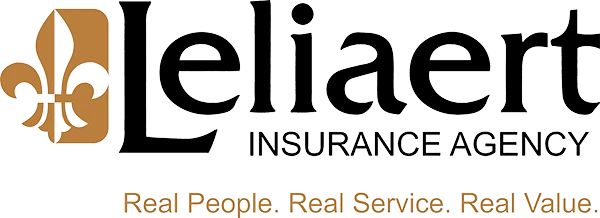September 11, 2020
The last thing you want to find in your home is mold damage – especially if the home is a recent purchase. Homeowners insurance provides coverage for many types of damage to your property. But, it only takes one fuzzy spot on your ceiling or walls to make you wonder, “does homeowners insurance cover mold?”
Mold is covert, slow-growing, and problematic to you and your family’s health. In this article, learn everything you need to know about whether your homeowner’s insurance covers mold damage. Find out which types of mold damage are covered in your homeowner’s insurance, how to successfully get your mold claim approved, and how to avoid mold damage in the future.
Does Homeowners Insurance Cover Mold? Understanding ‘Covered Perils’
Does homeowners insurance cover mold? Some carriers exclude mold or have a small limit to cover from a claim where the cause of the mold is a covered claim.The question that matters to your homeowner’s insurance carrier is, what is the cause of the mold?
The most common thing to cause mold is lingering moisture from water damage. And, the most common water damage is flooding. The mold that occurs as a result of flooding is covered under a flood insurance policy, separate from your homeowner’s insurance.
Most homeowner’s insurance policies do not guarantee coverage for mold damage. Homeowners insurance covers anything that qualifies as Covered Perils. Covered perils refer to the assets that are ‘covered’ in the ‘perilous’ event that they succumb to damage.
Types of Mold Damage: Is it Covered by Homeowners Insurance?
If the cause of mold is not from flooding, you might be eligible to file a claim to cover the damage. Your homeowner’s insurance policy includes coverage for some water damage. It all depends on the specific cause by which mold is growing, and if it is covered under your policy as a Covered Peril.
In general, your home appliances are covered in the event of a malfunction that results in water damage. This is also true in the case of water damage caused by a malfunctioning hot water heater. The distinguishing factor is, whether water damage is the result of a Covered Peril, or whether water is the initial cause of damage leading to mold.
So, if a hose within your dishwasher malfunctions resulting in water and mold damage to your home, homeowners insurance covers, both the initial, and resulting damage. On the other hand, if you allow water to accumulate on the bathroom floor when you get out of the shower, and mold starts to grow, it is not covered as resulting damage from a Covered Peril.
Mold from Flooding or Acts of Nature
Water is insidious, penetrating, and relentless. Water seeps into the wood, corrodes metal, and rots fabric. Unlike other elements, water is difficult to eradicate once it finds a way into your home, and can cause long-term, irreversible damage to structural elements.
So, insurance companies are careful when it comes to covering the cost of damages initiated by water. Flood insurance exists to provide specific coverage for damage resulting from floods and acts of nature. For instance, if a strong thunderstorm causes storm drains to back-up, and water seeps under your doorway causing damage to your home, you better hope you have flood insurance.
Since your homeowner’s insurance does not cover the initial damage which results in mold, it does not cover the mold damage, either. The cost of coverage for damage sustained by flooding is relative to the risk factor for the area in question. Flood-prone areas in the United States have higher premiums on flood insurance, compared to areas of higher elevation.
If, however, your roof is torn-off by a tornado, causing water damage from resulting rain exposure, you are more likely to be able to file a claim to your homeowner’s insurance policy carrier. In this case, the resulting mold might be covered as part of the damage sustained by a Covered Peril.
Mold from Homeowners Negligence
If water damage and mold resulting from negligence on the part of the homeowner, you will have a hard time getting your claim approved. The initial damage that causes mold is commonly a result of homeowner error or negligence. For example, neglecting to repair a leaking pipe under your sink is not a valid claim for compensation under your homeowner’s policy.
If your insurance carrier can prove that you knowingly could have prevented the mold damage by ensuring the upkeep of your home, it is hard to get your claim approved. The best option is to be preemptive about mold, by using a dehumidifier to limit residual moisture in the home and keeping a practice of regular cleaning habits around the house.
You can improve your odds of getting a claim approved to cover mold damages if you can prove that it is not a result of homeowner negligence. Still asking, does homeowners insurance cover mold in my case? Talk to a homeowner’s insurance expert today and see if you are covered.
